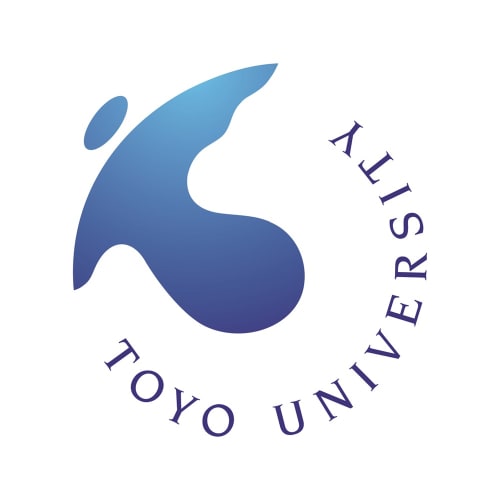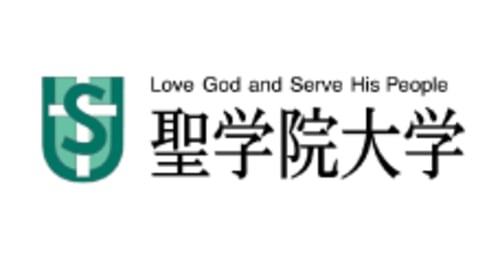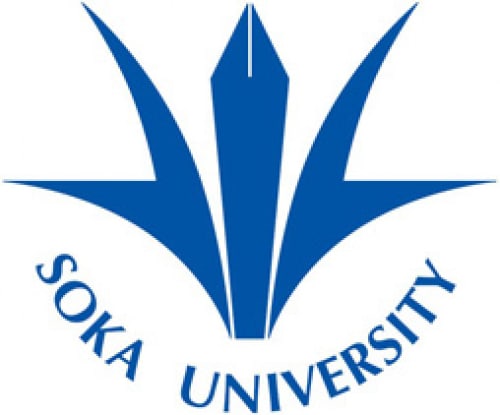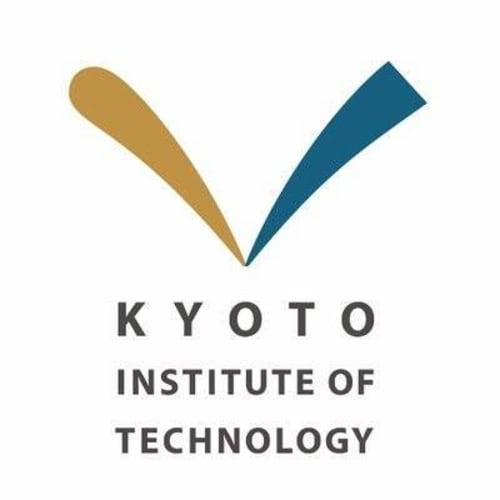
Best Universities for Bachelor Programs in Japan 2024
- Bunkyo City, Japan
Toyo University was founded as a small academy of philosophy in 1887. It served as the first university that accepted female students in Japan. Today, more than 30,000 students are learning in 4 different campuses located in/around the Tokyo area, including 1,500 international students from many different parts of the world. Programs at the undergraduate level consist of 14 faculties and 48 departments, including departments of humanities, social sciences, engineering, and computer/IT science. Department of Global Innovation Studies and the Department of Regional Development Studies are English-medium programs, in which students can complete all coursework in English.
- Hiroshima, Japan
Eikei University of Hiroshima (EUH) is a public university, which has been established by the prefectural government of Hiroshima, Japan in 2021. EUH offers a single department named Social System Design based on SDGs-oriented liberal arts subjects and practical programs and is a "22nd Century-type University" that will deliver change makers who will positively change society.
- Shimonoseki, Japan
Shimonoseki City is located in the westernmost part of Honshu Island. It is bordered by the Kanmon Straits to the south, the Suo Sea to the east, and the Hibiki Sea to the west. The city is blessed with the rich beauty of the ocean and mountains and boasts significant historical and cultural assets. The diversity of Shimonoseki City is linked to the diversity of Shimonoseki City University.
- Kagoshima, Japan
Shigakukan University is a private coeducational four-year university founded in 1979. The university has two faculties: the Faculty of Humanities and the Faculty of Law. The Faculty of Humanities has two departments: the Department of Clinical Psychology (consisting of five courses for medicine, welfare, education, society and industry, and general psychology) and the Department of Humanity and Culture (which is composed of three courses: Japanese and Japanese literature, English language and British and American culture, and history and geography).
- Nagasaki, Japan
Nagasaki University contributes to the improvement of a well-balanced society by transmitting its inheritance of the traditional culture rooted in Nagasaki, cultivating a fertile creative sense in students, and developing innovative science for world peace.
- Ageo, Japan
Based on the Christian spirit, emphasis is placed on educating the whole person. At the same time that students are given a broad liberal education and a high degree of specialization, small classes make it possible to respect the individuality of each student. Students have a faculty advisor, and faculty members have set office hours.
- Okayama, Japan
At the end of World War II, with much of Japan lying in ruins from multiple airstrikes and particularly with the hydrogen bomb dropped on Hiroshima and Nagasaki, our founder, Mr. Tsutomu Kake (1923 – 2008) came to the realization that because this country has few natural resources ONLY through education can Japan recover. From that point on and throughout the rest of his life, Mr. Kake had been actively involved in the development of education in Japan.
- Hachioji, Japan
Soka University has been focusing on humanistic education and international exchange since its founding. The achievements of education and international exchange were highly appreciated and the university was selected to be one of the 37 universities in the "Top Global University Project" of the Ministry of Education, Culture, Sports, Science, and Technology in 2014.
- Utsunomiya, Japan
This program is only available as a second part of the Dual Degree Program after students. is only available via our highly accredited University...
- Sagamihara, Japan
Azabu University is one of the very few science universities that provide education and conduct research under the theme of "Mankind, Animals, and the Environment". Utilizing acquired knowledge in order to contribute to our society has always been our core value and a value based on the university founding spirit reflecting the educational philosophy of Professor Harutaka Yokura: "Explore academically and practice conscientiously".
- Fuchu, Japan
The Tokyo University of Foreign Studies is the oldest institution in Japan that is devoted to international studies. It began as Bansho Shirabesho (Institute for Research of Foreign Documents), a government translation bureau founded in 1856. It was then established as an independent educational and research institution with the name Tokyo Gaikokugo Gakko (Tokyo School of Foreign Languages) in 1899. In 1999, the University celebrated the 100th anniversary of its "independence."
- Kyoto, Japan
Kyoto Institute of Technology is an international engineering and design university in Kyoto, Japan. It is important to note that our city’s history and culture are known worldwide and that while Kyoto is the birthplace of the essence of Japanese culture, it is also a center of manufacturing. Kyoto’s “technicians” have a long history of producing and refining many “things.” Traditional craftsmanship is not only passed down from one generation to the next, it has been further honed and refined through the constant creation of new techniques and innovations, gaining credibility both at home and abroad.
- Bunkyo City, Japan
- Meguro City, Japan + 1 more
The University of Tokyo was established in 1877 as the first national university in Japan. As a leading research university, UTokyo offers courses in essentially all academic disciplines at both undergraduate and graduate levels and conducts research across the full spectrum of academic activity. The University aims to provide its students with a rich and varied academic environment that ensures opportunities for both intellectual development and the acquisition of professional knowledge and skills.
Aichi University of Education (Aichi Kyoiku Daigaku)
Aichi University of Education (Aichi Kyoiku Daigaku)

- Kariya, Japan
The history of Aichi University of Education began with the start of the modern school system in Japan in 1873. Our predecessor, Aichi Prefectural Academy, later developed into three Normal schools in the region, Aichi First Normal College, Aichi Second Normal College, and Aichi Normal College of Vocational Education.
- Kyoto, Japan
Kyoto Sangyo University (KSU) was founded in 1965 by Dr. Toschima Araki. Seriously worried about the devastating moral culture in postwar Japan, Dr. Araki devoted his efforts to foster graduates who could play active roles in the increasingly global society. Following the founder’s lead, continued and unstinting efforts have been made by successive Presidents to maintain the “Founding Principles” of KSU, and as a result, the university has continued to develop steadily and successfully.













